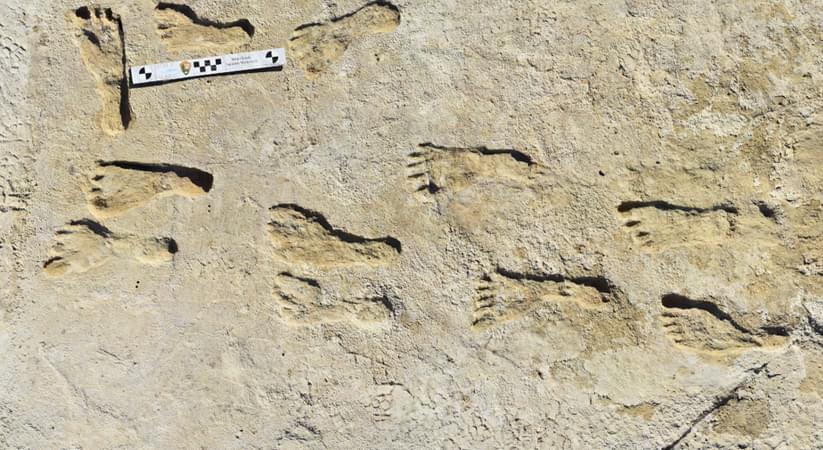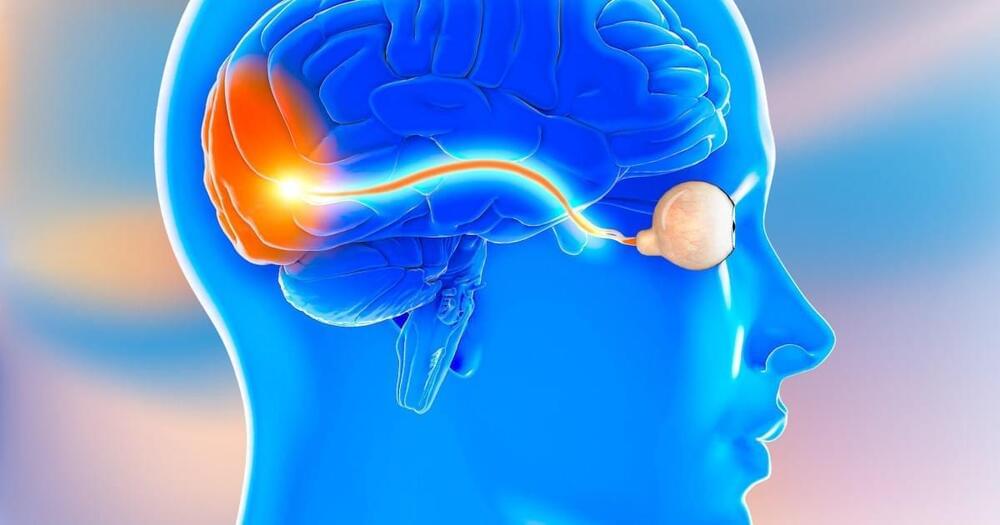Lightweight materials with super strength and toughness are highly sought after. Spider silk, a sustainable material, meets these requirements but faces challenges in commercialization due to scientific understanding of its spinning mechanism, technical complexities in the process, and engineering hurdles in low-cost mass production. Here, drawing inspiration from nylon and Kevlar, we propose a theory on the nature of toughness and strength, unveiling the basic structure of silk fibers. Using these theories, we successfully produce the first “localized” full-length spider silk fiber via transgenic silkworms, showcasing high tensile strength (1,299 MPa) and exceptional toughness (319 MJ/m3). This breakthrough overcomes scientific, technical, and engineering obstacles, paving the way for spider silk’s commercialization as a sustainable substitute for synthetic fibers. Moreover, our theories provide essential guidance for developing super materials.
Developing sustainable materials with high strength and ultra-toughness is vital for ecological civilization. Using transgenic silkworms, we have successfully produced the first full-length spider silk, overcoming the scientific challenge of understanding the essence of toughness and strength. The resulting bionic spider silk exhibits high strength (1,299 MPa) and ultra-toughness (319 MJ/m3), offering a potentially sustainable substitute for synthetic commercial fibers. This breakthrough provides valuable insights for the development of super materials, including those for a space elevator, driving the advancement of civilization.







